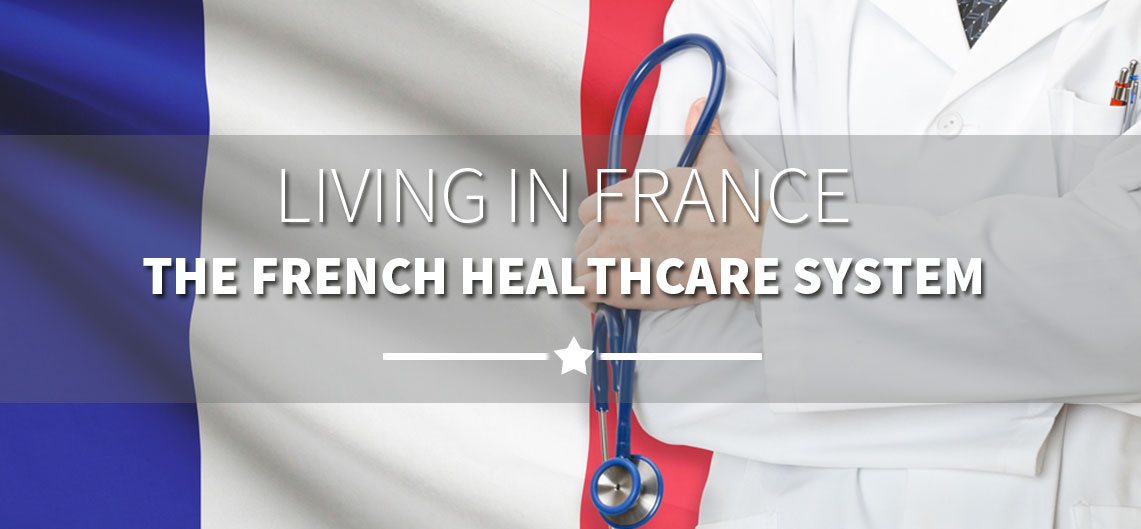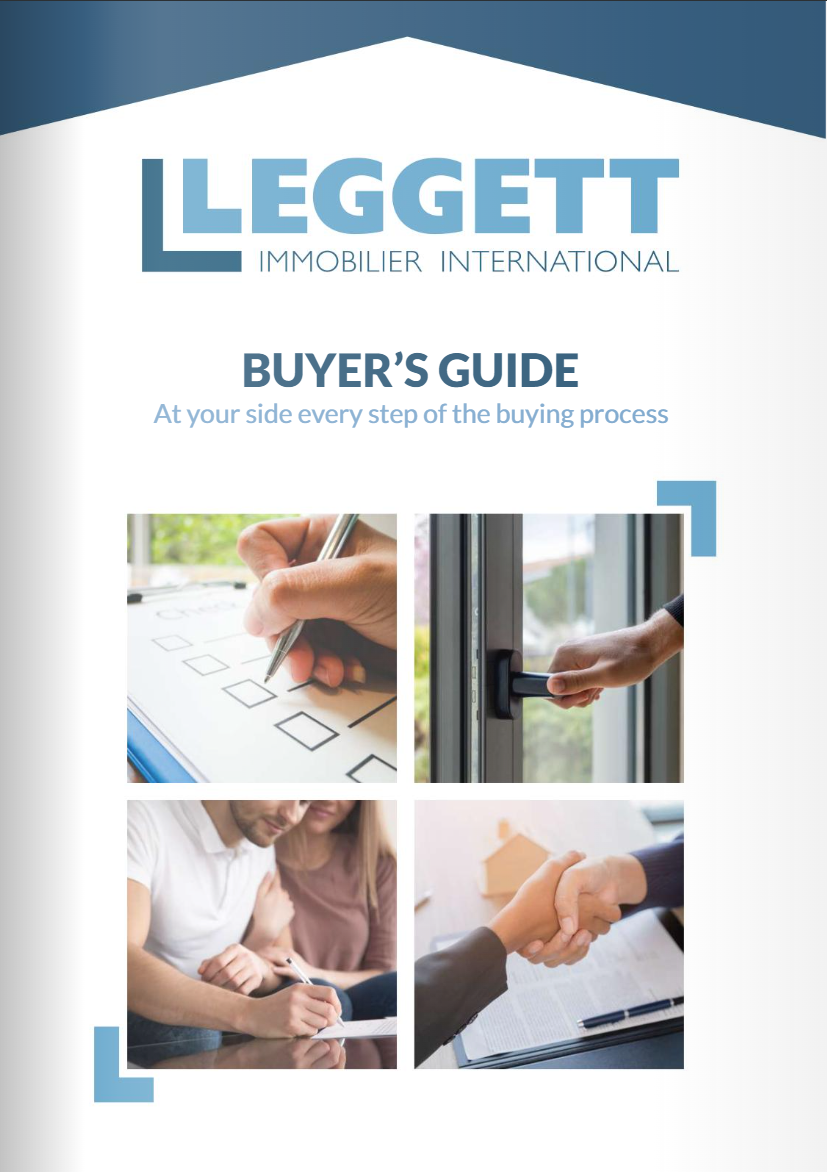Living in France... French Healthcare System
The French healthcare system is of a high standard, with France consistently ranked top or close to the top, in studies conducted into national healthcare systems.
Although not especially complicated, the system is specific to France and therefore, if you have not lived in France before, it will require some research in order to understand it. We hope that our guide to the French healthcare system is of use. When viewing properties with your Leggett agent, feel free to ask them about local doctors and hospitals. All Leggett agents live in the area in which they work and so have excellent local knowledge.
Relocation
If you are relocating from a country within the EEA (European Economic Area) you may be entitled to healthcare in France funded by your country of origin. This entitlement will be for a period of time and is accessed via the S1 form. It is worth investigating this form prior to making a move to France. In the UK, this form is issued via the Department of Work and Pensions.
If you are relocating from outside the EEA you should speak to the French embassy in your country of origin.
Appointments
Medical care in France is carried out by a series of specialists, with your GP (Médecin Traitant) acting as your initial point of contact to all of these - a bit like a 'hub'. Your GP will discuss your condition and, if necessary, refer you out to a healthcare specialist. Aside from small common complaints, almost all aspects of healthcare, from a blood test to giving birth, are undertaken by specialists.
All medical appointments have to be paid for up-front. The state (and your insurance provider if appropriate) should reimburse you around a week after your appointment.
Funding
The French system is mainly state funded with voluntary 'top up' insurance policies available through companies known as 'mutuelles'. On some occasions, the state may not pay for the full cost of a treatment / consultation / medication that you receive (the state usually covers around 70% - 80%), and you need to cover the rest. This is why some people choose to take out 'top-up' insurance cover. This cover is not obligatory, indeed most long term and serious illnesses are covered completely by the state, however 'top up' insurance can provide you with additional cover if you decide you want this. Whether to take out 'top-up' insurance is left to your discretion based on your personal situation.
Social security contributions (cotisations) make up a part of the French tax system. The French healthcare system is funded via these contributions. If you are working in France, it is important to ensure that you are registered correctly and that you are paying cotisations. If you need any help with this, it is always worth dropping into your local Mairie as they may be able to help out and point you in the right direction.
Registering with CPAM
To join the French healthcare system you need to visit your local Caisse Primaire d’Assurance Maladie (CPAM.) They will give you a form to complete. Following your initial appointment with your chosen GP, your GP will return the form to CPAM. This will register you with CPAM.
Carte Vitale
The Carte Vitale is issued to you as soon as you have registered with CPAM and needs to be taken to every medical appointment that you have (and also to the pharmacy if you are picking up prescription medication.) Your social security and insurance details are stored on this card. It is not a payment card, but it is through your carte vitale that your medical expenses will be reimbursed to you from either the state or your insurer.
Choosing your GP
You are free to choose any GP in the area and are also free to change at any time (although this obviously may involve some paperwork.) It's worth asking around to see what the options are. It is not unusual for a husband and wife to have different GPs (for example if a woman wishes to have a female GP and the man a male.)
Serious and long term illness
Costs for most serious and long term illnesses are covered entirely by the state. Doctors hold a list of these conditions (although other conditions not included on this list may also be covered entirely by the state.)
Eyes and Teeth
Eye tests are conducted by an ophthalmologist and appointments are not usually as well reimbursed by the state as some other medical appointments. An ophthalmologist will provide you with a medical prescription for a pair of glasses which you can purchase either at an opticians or over the internet.
Most general dental work is reimbursed in the same way as other medical treatment, and you are free to select any dentist you wish, at any time. Children are entitled to free dental check-ups every three years from age 6-18.
Neither ophthalmologist nor dentist appointments need to be referred by your GP.
Maternity Care
Apart from a very few isolated instances, all maternity costs are met by the state. Standards are high as is support (both in terms of healthcare and finances) for parents of new babies. There are a series of obligatory medical appointments during pregnancy as well as checks after the birth of the baby.
SIGN UP WITH US
FREE GUIDE FOR BUYERS
LEGGETT MAGAZINE















